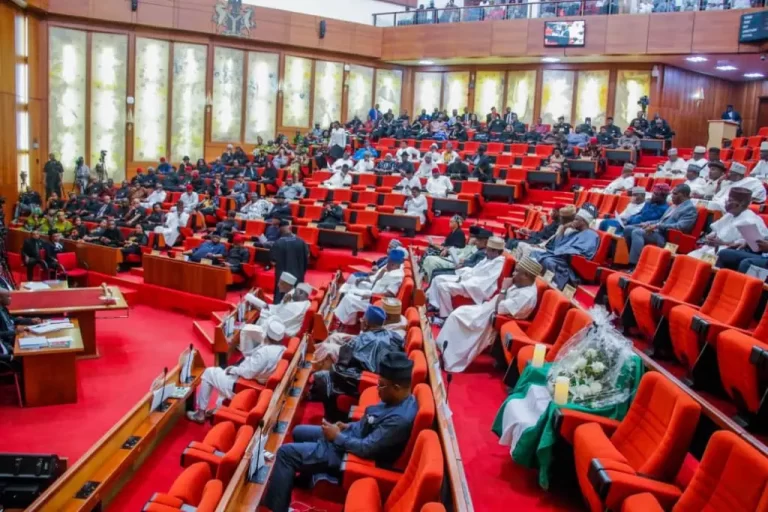A bill seeking to amend the Nigeria Data Protection Act, 2023, and require social media platforms to establish physical offices within the country has passed its second reading in the Senate.
The bill, sponsored by Senator Ned Nwoko (Delta North), aims to address the absence of multinational social media corporations in Nigeria despite the country’s significant digital presence.
Leading the debate on the bill, Senator Nwoko emphasized Nigeria’s standing as Africa’s most populous nation, with over 220 million people and a high rate of social media usage.
According to a Global Web Index report cited by Business Insider Africa, Nigeria ranks first in Africa and second globally in terms of social media engagement, with an average of three hours and 46 minutes spent online daily.
READ ALSO: Social Media Poses Security Threat in Nigeria- Nuhu Ribadu
Despite this digital engagement, major social media platforms—including Facebook, X (formerly Twitter), Instagram, WhatsApp, YouTube, TikTok, and Snapchat—do not have physical offices in Nigeria, unlike in other countries.
Senator Nwoko outlined several challenges resulting from this absence, including limited local representation, economic losses, and difficulties in legal and data protection compliance.
In addition to requiring social media platforms to establish offices, the bill proposes new regulations for bloggers operating in Nigeria.
It mandates that all bloggers must have a verifiable office in any state capital, maintain proper employee records, and be members of a recognized national association of bloggers headquartered in Abuja.
READ ALSO: Breaking: VIDEO: Fire Outbreak Reported Near WAEC Office In Kano
Senator Nwoko argued that these measures would promote accountability, transparency, and professionalism in Nigeria’s digital media space, aligning it with the standards of traditional media houses.
During the deliberations, Senate President Godswill Akpabio acknowledged the potential benefits of requiring social media platforms to have a local presence but raised concerns regarding the regulation of bloggers.
He stated, “It’s good to have an address, but bloggers are slightly different. I think the best thing is for the bill to go for a second reading and subsequently a public hearing for much more streamlined clarity.”
With the bill now advancing to the next legislative stage, stakeholders, including digital rights advocates and media practitioners, are expected to weigh in during the public hearing process.
The outcome of these discussions will determine the final structure of the proposed amendments and their impact on Nigeria’s digital and media space.

